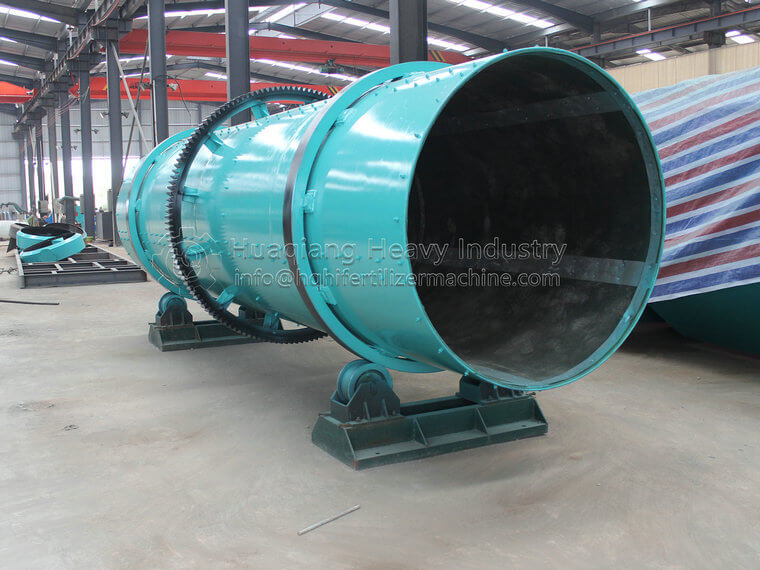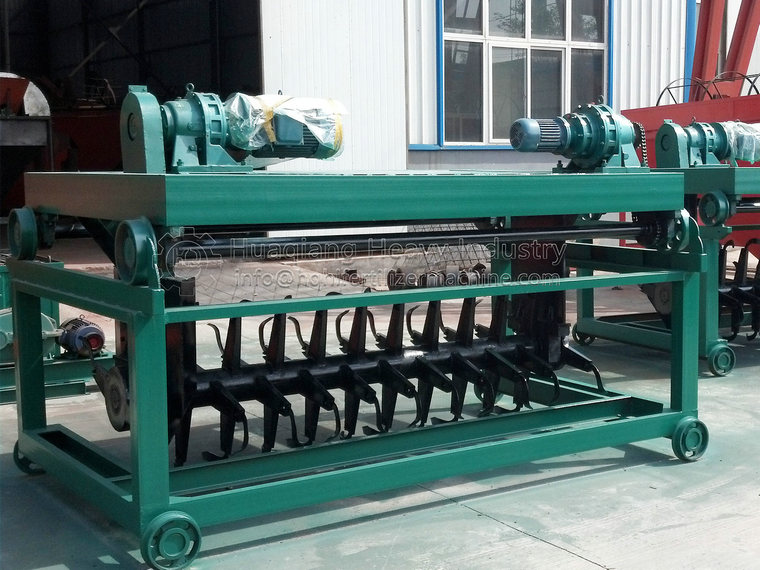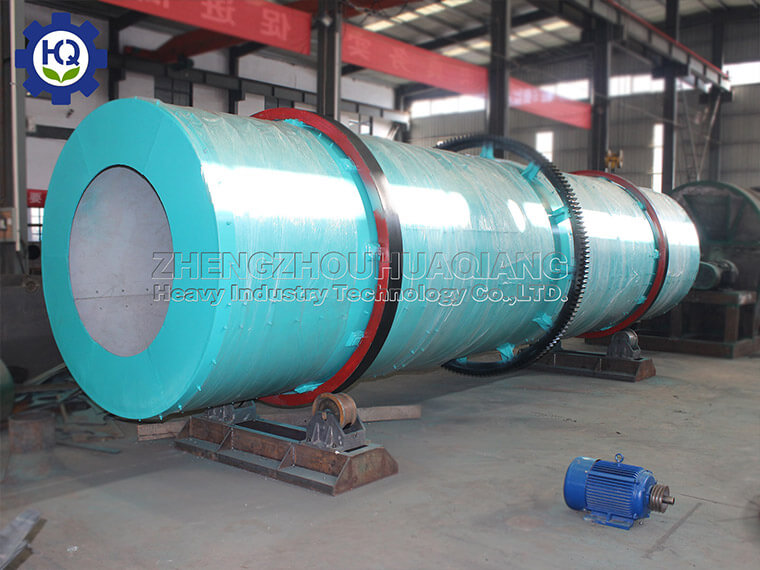In modern fertilizer production, the rotary drum granulator serves as an efficient engine, driving the smooth progress of fertilizer processing and providing a continuous supply of high-quality fertilizers for agriculture.
The reason why the rotary drum granulator can become an efficient engine is firstly due to its wide adaptability to raw materials. Whether it is organic fertilizer raw materials such as animal manure and urban sludge that have been treated, or inorganic fertilizer raw materials such as urea and phosphate fertilizer, it can be inclusive. This allows fertilizer production enterprises to flexibly adjust their production formulas based on market demand and raw material supply, greatly improving the flexibility and diversity of production.
Its efficient processing is another major advantage. The drum of the rotary granulator rotates at a stable and adjustable speed under the drive of the power system. After the raw materials enter the drum, the cutting board quickly lifts them up, forming a continuous material flow inside the drum. During this process, the nozzle installed inside the cylinder will accurately spray adhesive and an appropriate amount of water onto the raw materials.
The uniform spraying of adhesive is the key to ensuring the granulation effect. It can instantly attract and bond raw material particles to each other, while moisture further promotes this process, accelerating particle aggregation. As the drum continues to rotate, the particles rapidly grow through rolling and collision. This continuous and efficient granulation method greatly shortens the molding time of individual particles, thereby improving overall production efficiency.
The automation control system of the rotary drum granulator adds to its efficient operation. Through advanced sensors and intelligent controllers, operators can monitor and adjust key parameters such as the speed of the drum, the amount of adhesive sprayed, and the feeding speed of raw materials in real time. This not only ensures the stability and consistency of the production process, but also enables rapid adjustment of equipment operation status according to different production needs, achieving efficient production.
In addition, the fertilizer granules produced by the rotary drum granulator have excellent quality. The particles have regular shapes, uniform sizes, and good strength and physical properties. This is not only beneficial for the storage and transportation of fertilizers, reducing nutrient loss caused by particle breakage, but also for more uniform sowing during the fertilization process, improving fertilizer utilization efficiency, and providing stable and sufficient nutrient supply for crop growth.
The rotary drum granulator, with its wide adaptability to raw materials, efficient processing, advanced automation control, and excellent product quality, has become an efficient engine for fertilizer processing, supporting the vigorous development of agricultural production.

.jpg)


.jpg)


.jpg)
.jpg)